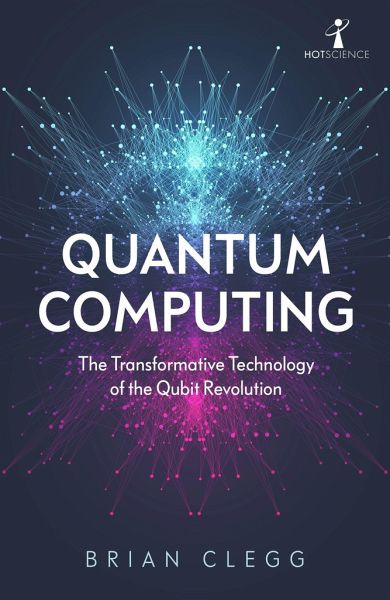
Quantum Computing
The Transformative Technology of the Qubit Revolution

PAYBACK Punkte
9 °P sammeln!
The ultimate non-technical guide to the fast-developing world of quantum computing.

The Transformative Technology of the Qubit Revolution

Rechnungen
Bestellstatus
Retourenschein
Storno